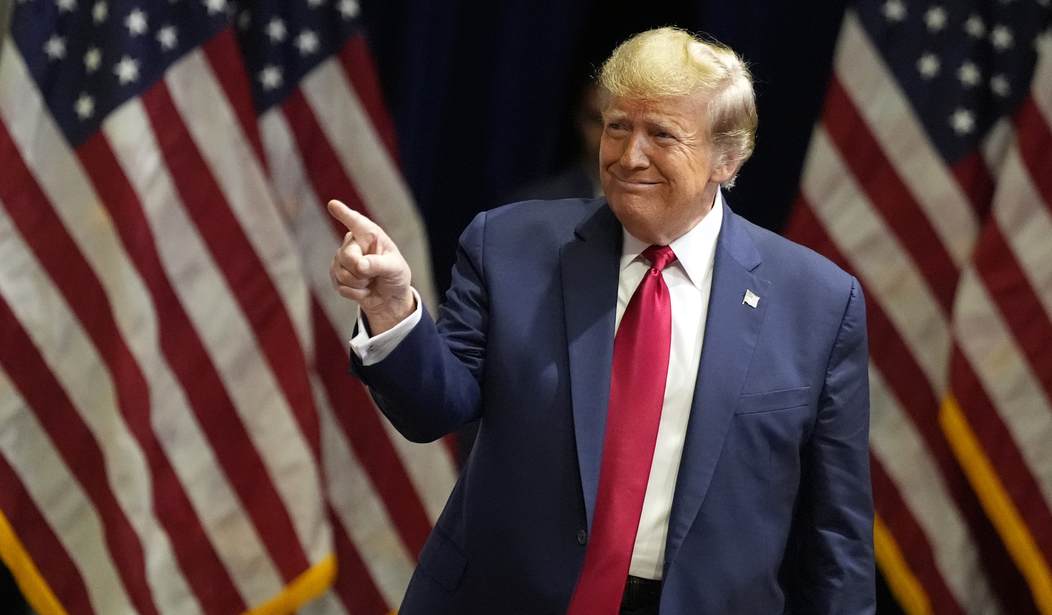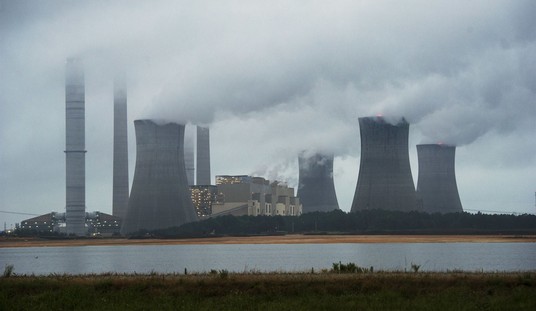Should former President Donald Trump win the 2024 election, one of his plans is to seriously reduce the federal government's regulation of banks and financial markets. This could include the outright elimination of the Consumer Financial Protection Bureau, among other actions.
In the wake of the worst economic crisis since the Great Depression, Congress dramatically expanded the U.S. government's oversight of the financial industry to prevent a repeat of the 2008 global banking meltdown.Donald Trump would likely renew his efforts to scale back those reforms, if elected, as well as pare protections for small-scale investors and borrowers, and allow companies to raise money with less scrutiny, according to the interviews and proposals from groups positioned to influence a new conservative administration. Reuters spoke with, among others, about a dozen people who have provided advice or been consulted by Trump or his allies.
You can be sure Reuters' editorial position will be hostile to any Trump plans. But while it's difficult to estimate the costs that overbearing regulations place on the financial sector and every aspect of our economy, it's easy to see how deregulation could have more benefits than risks. Getting rid of Dodd-Frank altogether would be a good start, but that will require Congress, not just the executive branch, and it's not certain that, even if we assume President Trump wins a second term, what manner of Congress he will be dealing with.
There is, of course, a lot the president can do on his own, as the regulatory agencies are part of the Executive Branch.
Some of the ideas in Trump’s current policy orbit have long circulated in conservative economic conversation. They include curtailing the Dodd-Frank Act, a set of post-2008 financial crisis rules intended to reduce systemic risk. Another idea is to make it easier for private companies to raise capital – in turn opening access to less transparent and more difficult-to-trade private funds and securities.More recent policy ideas include attacking environmental, social and governance (ESG) investments and disclosures, which help screen businesses based on socially conscious factors, or potential dramatic cuts to staff at regulators through a mechanism known as Schedule F, which would reclassify up to 50,000 civil servants across the government as easily-replaceable political appointees.
Reducing regulation, cutting the number of bureaucrats, making it easier for businesses to raise capital - it's hard to see a downside here.
See Related: Credit Union Exec Who Participated in 'Operation Choke Point' Is Behind SC Bill Targeting Payday Lenders
Update: More Wage-Wrangling at the Consumer Financial Protection Bureau
Here's an interesting specific:
Robert Bowes, a former Trump appointee who has worked with the conservative Heritage Foundation, has called for the abolition, opens new tab of the Consumer Financial Protection Bureau – created by the Dodd-Frank Act to police the lending industry at the federal level – and referred to the Securities and Exchange Commission as an “unaccountable meddling shakedown agency” that “uses its regulation to target political enemies, to ram through woke and radical green agenda.”
The Securities Exchange Commission is a hot mess. It is another unaccountable meddling shakedown agency that ignores real crime and instead uses its regulation to target political enemies, to ram through woke and radical green agenda (including requiring every publicly traded… https://t.co/2w7hSlD8I7
— Robert Bowes (@Robert_B_Bowes) December 4, 2023
Yes, the Consumer Financial Protection Bureau (CFPB) was supposedly created by the Dodd-Frank Act, but it remains an agency of seriously questionable constitutionality - but then, it has plenty of company in that respect. The problem is that there is nothing in the known universe that so closely approximates immortality than a government agency, even if it is disallowed by the Tenth Amendment. Furthermore, it's not as though President Trump, on assuming office, can wipe these things out of existence with the stroke of a pen. The primary way a government agency can be shuttered is by defunding, and the House of Representatives, not the president, holds the checkbook. If the Schedule F changes could be pushed through, though, many of these extraconstitutional agencies - like the CFPB - could, at least, be defanged.
A second Trump term, one in which he will walk into office still beset by legal troubles and be a lame duck from Day One, will be loaded with challenges - and it is belaboring the obvious to observe that much will depend on his choice of vice president. But he has shown in the past that he doesn't shrink from challenges. It would be interesting to see what he does with this one.
Speaking of Trump's legal troubles: If you're not following RedState's live updates of Donald Trump's ongoing "hush money" trial, you should be. Check it out. Stay up to date. We're watching history being made.














Join the conversation as a VIP Member